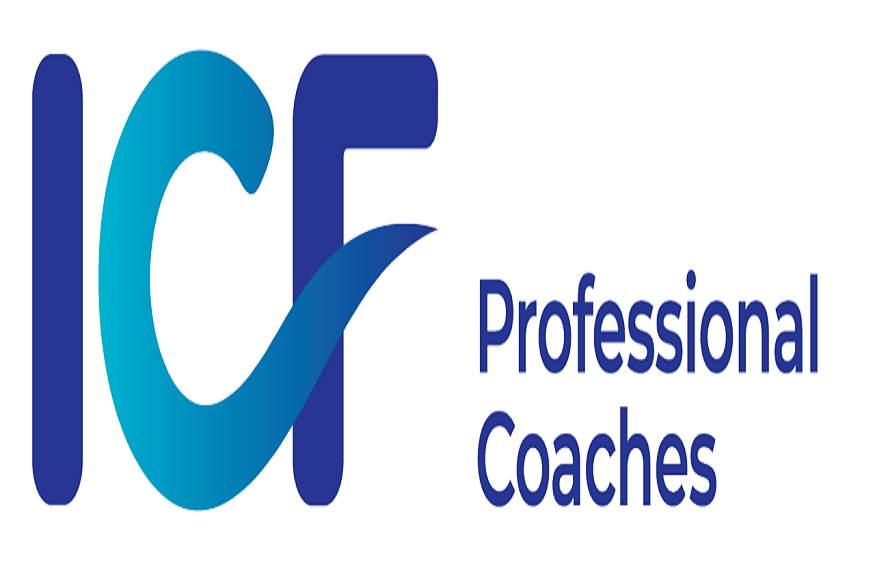As the demand for professional coaching continues to grow, more individuals are turning to ICF coaching as a career path. Whether you’re interested in supporting others on their personal journeys or enhancing leadership development within organisations, the ICF certification is recognised globally as the gold standard in the coaching industry. This article will guide you through the process of becoming a certified ICF coach, highlighting the essential steps and important considerations along the way.
1. Understanding the ICF and Its Credentials
The International Coaching Federation (ICF) is a globally recognized organisation that sets professional standards for the coaching industry. The ICF offers three levels of coaching certification: Associate Certified Coach (ACC), Professional Certified Coach (PCC), and Master Certified Coach (MCC). Each level indicates a deeper mastery of coaching skills, with more stringent requirements as you progress. The ICF coaching certification process ensures that coaches meet specific training and experience criteria.
2. ICF Core Competencies and Code of Ethics
At the heart of ICF coaching is the adherence to 8 core competencies and a robust ICF-accredited code of ethics. These competencies include demonstrating ethical practice, embodying a coaching mindset, and facilitating client growth. Mastery of these skills is critical for every certified ICF coach. They not only ensure the quality and effectiveness of coaching sessions but also foster trust and rapport between the coach and the client.
The ICF certification process places a strong emphasis on these competencies, making sure that coaches operate with the highest ethical standards. Whether you’re aiming for ACC or higher credentials, developing a thorough understanding of these competencies is key to your success.
3. Choosing an ICF-Accredited Coach Training Program
The first official step to becoming an ICF-certified coach is enrolling in an ICF-accredited coaching course. It’s essential to select a program that is recognized by the ICF, such as an Accredited Coach Training Program (ACTP) or an Approved Coaching Specific Training Hours (ACSTH) program. These accredited programs provide the foundation for your coaching training and prepare you for the certification process.
4. Gaining Coaching Experience
After completing your coaching course, the next step is gaining hands-on experience. To qualify for ICF certification, you’ll need to accumulate coaching hours. For the ACC credential, the requirement is 100 hours of coaching, with at least 75 of those hours being paid coaching engagements. This experience is critical for developing a well-rounded skill set and preparing for real-world coaching scenarios.
5. Mentorship and Performance Evaluation
Mentorship is a crucial aspect of ICF coach training. Throughout the certification process, candidates must work with mentor coaches who provide feedback, guidance, and performance evaluations. This mentoring includes both group sessions and one-on-one mentorship.
The performance evaluation includes submitting recordings and transcripts of your coaching sessions for review. These sessions help ensure that you’re demonstrating proficiency in the core competencies and are ready for the next phase of your coaching certification.
6. Preparing for the ICF Credential Exam
Once you’ve completed the necessary ICF-accredited training and coaching hours, you’ll need to pass the ICF Coach Knowledge Assessment (CKA) exam. The exam tests your understanding of ICF coaching principles and ethical guidelines, as well as your ability to apply the core competencies in real-world coaching scenarios.
Preparing for the exam is a critical step, and many coaching courses include exam preparation as part of their training. By practising with mock tests and getting feedback from mentors, you can build your confidence and ensure you’re fully ready for the exam.
7. The Journey After Certification
Achieving your ICF coaching certification in Singapore is a significant milestone, but it’s not the end of the journey. Once you’re a certified ICF coach, you’ll need to continue developing your skills and expanding your coaching practice. The ICF requires credential holders to renew their certifications every three years, which involves completing Continuing Coach Education (CCE) units to ensure you remain up-to-date on the latest coaching trends and practices.
If you’re interested in growing further as a professional coach, you can aim for higher credentials like the PCC or MCC, which will require more coaching experience and advanced training. Continuous learning and improvement are at the heart of coaching and professional development, ensuring you can adapt to new challenges and opportunities in the field.
Start Your Coaching Journey with the Khrysalis Coaching Series at NTUC LearningHub
Whether you’re an individual aspiring to elevate your career with ICF coaching certification or an employer looking to foster a coaching culture within your organisation, the Khrysalis Coaching Series offered by NTUC LearningHub provides the perfect solution.
For individuals, the Khrysalis Coaching Series equips you with the skills needed to become a certified ICF coach. With 65 hours of ICF-accredited training, 10 hours of mentoring, and support throughout the credentialing process, this comprehensive program prepares you for the ICF ACC certification. You’ll gain expertise in core competencies like strategic questioning, active listening, and empowering others to unlock their potential.
For employers, the Khrysalis Coaching Series offers an opportunity to enhance leadership development within your organisation. This coaching course in Singapore is designed to help leaders acquire essential coaching skills that improve team collaboration, boost employee retention, and build a culture of empowerment and accountability. With ICF-accredited coaching, your leadership team will be better equipped to navigate challenges, foster critical thinking, and drive performance in the workplace.
Don’t wait—start your journey with NTUC LearningHub today!

